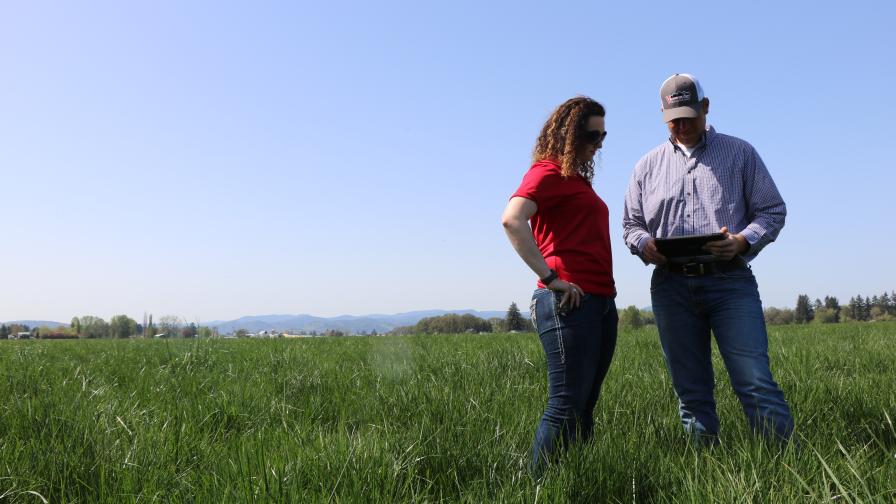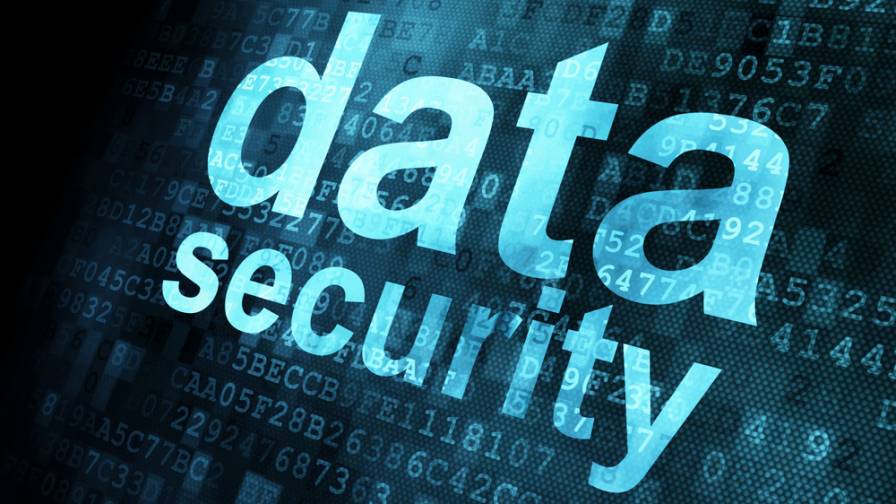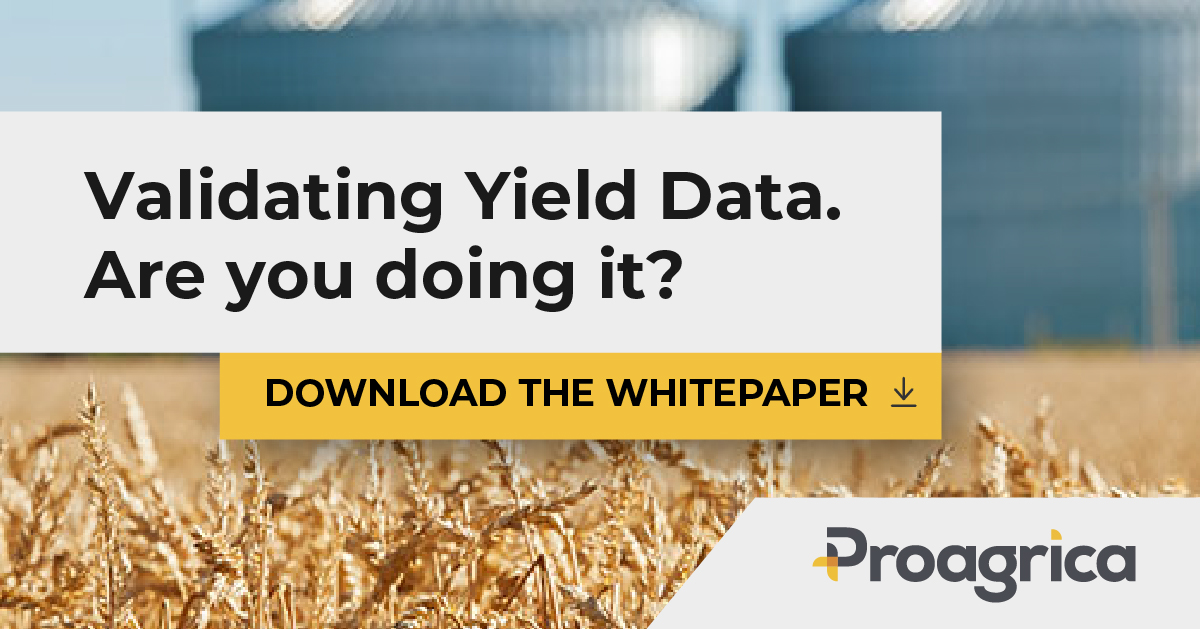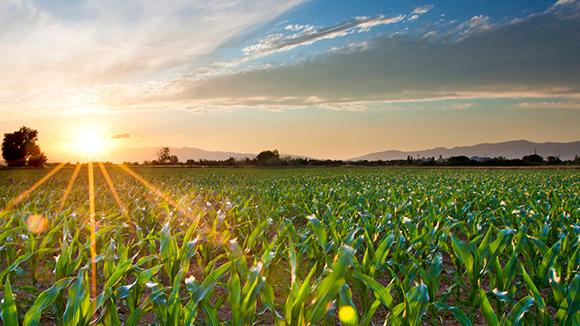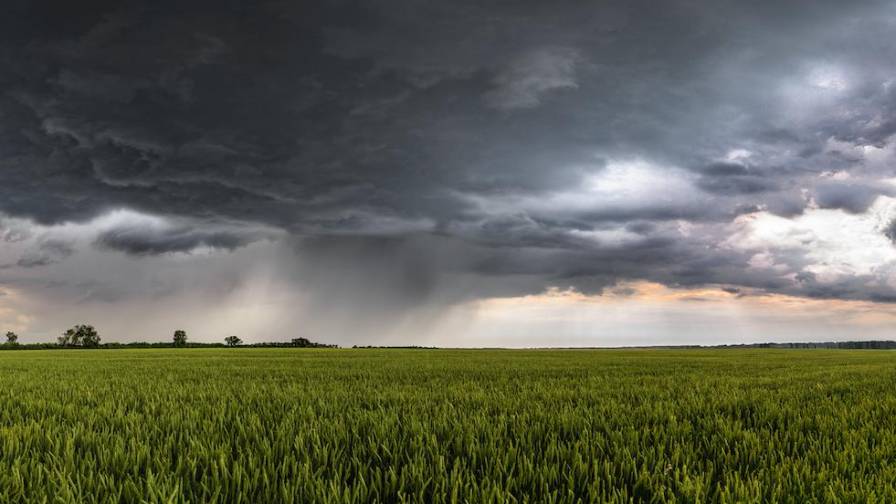Will Bitcoin Work in Agriculture?
If you checked the Internet lately, you’ve probably seen the words, Bitcoin, cryptocurrency, and blockchain. I won’t describe them in great detail here, but Google is your friend.
Currently, Bitcoin is the talk of the town gaining 1,000% in value in the last year and now is worth north of $10,000 a coin from $1,000 earlier in the year. Some say it’ll go to a million by 2020. There are also other cryptos like Ethereum, Litecoin, and Bitcoin Cash that have gained in value and interest. Some are naturally worth more than others and have unique attributes to them. Behind it all is this thing called blockchain. Basically, it’s a recording system ledger that tracks every single transaction and where it came from going back from the beginning. Many industries are trying to find ways to incorporate blockchain and cryptos and I think agriculture is next.
Now there are some oddities when it comes to cryptocurrency. With Bitcoin, for example, it’s really not that great of a currency currently. There is a limit of 21 million coins and you actually have to mine them via solving complex mathematical problems that can only be solved by super computers, which takes a lot of energy. It is kind of a crazy process. Because of these limits in the amount of coins, this brings wild swings in the value, and thus most people are using it as an investment instead of using it for buying things. Also, there is a fear of missing out, “FOMO” for short, because of the increased value.
Many governments, banks, and investment groups still don’t trust cryptos due to zero regulation and control. They are havens for “bad money,” especially for laundering and everything that goes with that. The wild swings in value also scare off established groups. In addition, the amount of money involved and the changes in the way money is being handled is scaring these groups because people have a new way to manage money. The scariest thing of all for governments and banking groups is that cryptos will allow an open and trackable way to manage, invest, and control money without them.
MORE BY NATHAN FALEIDE
With all this being said, cryptos and blockchain technology are becoming very popular and it seems are not going away. I’m no expert in this topic, but I see YUGE (to quote our president) possibilities for both of these new technologies in agriculture.
Below are a few ways I see cryptos and blockchain becoming advantageous for ag:
- Tracking data ownership: As it is well known, data ownership and control in ag are huge issues. With blockchain technology, each transaction can be tracked very precisely in a standard way that cannot be changed. It can provide the true source, identity, and ownership regardless of where it comes from. For instance, whomever created the data can create their own special code that only they know and can basically lock that data or parts of that data to anyone they want, while also giving access to others that they feel want it. This is all tracked and whomever does use the data can be looked up easily.
- Crypto Commodities: The beauty of cryptocurrencies is that anyone can actually create them. Many companies are creating their own currencies to have others invest in. Those groups of cryptocurrencies then can only be traded for that one company creating a certain value. I can see this being used with crops, whether specialty or larger markets like corn, beans, and wheat. Think of it this way, a small or large farm could create their own cryptocurrency to invest in the farm or to buy certain crops they grow because they do it differently. Each farm is unique in its own way and cryptos could provide a way to bring that unique value to the farm without having commodity traders and outside influences change the value. The value then comes from how that farm produces that crop. Oh, I did I mention it is all tracked from start to finish with blockchain? The industry could start small, crypto wheat, corn, soybeans, etc… and this could be done by region or state then slowly get into more defined areas. The possibilities are endless, and at the end of the day it puts control in the hands of the producer. A dream for every farmer.
- Easier trading: From what I’ve already brought up, trade is a big issue especially with talks of NAFTA imploding. Cryptos and blockchain could disrupt this entire process. The transfer of money tied to trade is a huge issue in the world. This is sometimes why there is so much waste of food and why the efficiencies of transporting goods sometimes fail. Having a centralized currency that is unique to a crop could benefit millions by providing fair and even trade throughout the world. This would allow smaller farmers to provide similar value to their crops as large corporate farms. Someone could even place the smaller farmer’s crops at a greater value and track where that commodity is exchanged anywhere without complex tariffs, trade regulations, and money transfers. What it really can do is reduce the bureaucracy involved with trading any commodity. Of course, many groups and countries would still need to accept this, but I do think agriculture is destine to go this way eventually.
So, these are a few major reasons why cryptocurrencies and blockchain technology can help agriculture and I’m sure there are many more. In all reality, these things may never happen and maybe my wild ideas are just crap. I’m not hear to say they will absolutely work. But I will say some of the core issues with ag could potentially be solved, or if anything helped, by technologies like cryptocurrencies and blockchain. I recommend looking into it more to educate yourself on the potential.
I’ll try to really excite you for a moment here. With Bitcoin and Ethereum gaining 1,000% and more over the last few years, envision using precision ag technology on the farm, which can be tracked and allow you to value your corn crop at, say $8/bu. Some may want your corn more than Joe Blow neighbor, who doesn’t use precision ag and thus only gets $3/bu. Since you can prove what you did in a marketplace, anyone can basically invest in you while you create your own value.
Heck, I’m going to “coin” a few phrases here: CornCoin, Wheatereum, SoyCash. Imagine farmers pushing the value based on how they perceive the market instead of speculators or traders in Chicago that don’t know squat. Oh how the ag market could change. You could start “farming” CornCoins like they “mine” Bitcoin. Doesn’t that sound like fun? I hope that people smarter than me figure this out somehow because personally I only see positives going forward as long as bread doesn’t cost $10 a loaf.
Either way, check these technologies and currencies out and think about how you could see them work in ag. Maybe it’s the next big thing or next big flop. Only one way to tell. Bring on the vultures to fund it, I guess. I’ll take 100 million, please.





